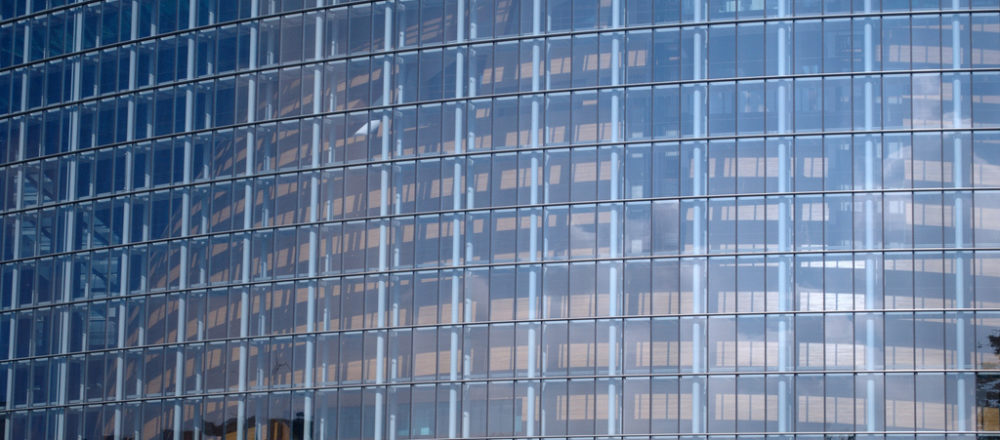Kat George for Right Now: In Visible Ink is a project aimed at minimising social exclusion by giving the voiceless a voice. What are some of the biggest challenges, from your professional experience, in amplifying the marginalised voices of those who don’t fit into the ‘mainstream’ Australian paradigm?
Fadzi Whande: The biggest challenge is that giving voice to the voiceless often requires us to challenge and change the narrative created by social norms. The narratives we hear or tell are often the ones that represent the dominant groups or groups that influence the power structures. When we silence the voiceless we silence the opportunity to grow in our understanding of the lived experience of others. This means that while we can celebrate the diversity that is ‘multicultural’ Australia, our society is not inclusive because the power structures that favour the ‘mainstream’ still go unchallenged.
As an Inclusion and Diversity Manager, what do you think can and should be done across Australian culture (whether in the workplace, government, media or the arts) to broaden the scope of representation?
Actually broaden the scope of representation! As in do it. Act. Our culture, workplace and societies are diverse yet the diversity of representation is not reflected in every aspect of life. We talk so much about diversity and hardly focus on inclusion. What Australian culture needs are individuals who take responsibility for creating inclusive spaces and understand that it’s not up to someone else. I believe we prioritise that which is important and so if broadening representation becomes a priority, we will see a shift in the power play.
What can open dialogue do to build bridges between cultures, and foster understanding between individuals?
Open dialogue creates space for all voices to be heard. It also recognises when some voices are missing from the conversation or are being ignored. Open dialogue also realises that as difficult as some of the dialogue is we still need to create and enter spaces to have them so we can allow the often untold stories to be heard. We also need to understand that silence is a form of dialogue and even silence can be loud. Relying on stereotypes without open dialogue can lead to misconceptions, fear, prejudice, isolation and discrimination. Open dialogue allows us to go deeper than surface level understanding and not attach labels and create a them and us mentality.
I came across this quote the other day: ‘It is critical to note that our biases against the other are empowered less by our assumptions of their otherness and more by our assumptions about our own normality’. – Jamie Arpin-Ricci
Is there a role for business to play in the future of human rights? If so, do you think there is an obligation for businesses to adhere to human rights principles? Why?
Business have an impact directly or indirectly on virtually the entire spectrum of human rights. This includes anti-slavery, human trafficking, ethical supply chain, gender equality, poverty, migration, globalisation etc . All these social issues can’t be solved without the role of business. Businesses therefore have an obligation to adhere to human rights because the biggest asset for any and all business is human capital and without people there would be no business.
You’ve had an incredible career, and have experienced professional situations around the world. What have you learned from these experiences that you have brought back home with you?
One thing that is universal across the places I have lived or worked is the sense of belonging that most people want. The issue of social exclusion seems to be a global one and each time I travel I go with an open mind so I can learn from each experience whether negative or positive. One of the practises I have ‘exported’ on my trips overseas is ensuring I do an acknowledgement to country. The reaction from people particularly indigenous people is profound and often results in a monumental learning point for me. It makes me proud to be part of a country that has such a long cultural history. I take and bring back my Australian pride and try to ensure that I reflect and acknowledge the contributions of those who have gone before us.
What does the future of a truly diverse Australia look like to you?
A truly diverse and inclusive Australia society is one that creates spaces for all and realises that as difficult as some spaces are we still need to create and enter them and allow the often untold stories to be heard. It’s a society that teaches the full history of our land to our children. It’s a society where all kids can see themselves in others who look like them represented in every sphere of life. It is a society that chooses to reflect, to honour, to acknowledge and to be grateful for the sacrifices made by indigenous people that has created the space for us all to be. It’s a society that celebrates and thrives on including the lived experiences we all bring.

Right Now is proud to support The Museum of Freedom and Tolerance’s In Visible Ink Project. The aim of In Visible Ink is to make visible the often invisible stories and lived experiences of Australia’s First Peoples, migrants and refugees in meaningful ways that create opportunities to increase empathy and diversity, to address prejudice, and for truth telling, healing and reconciliation. Find out more about the work of the speakers mentioned in these interviews here, and about the In Visible Ink project here.


